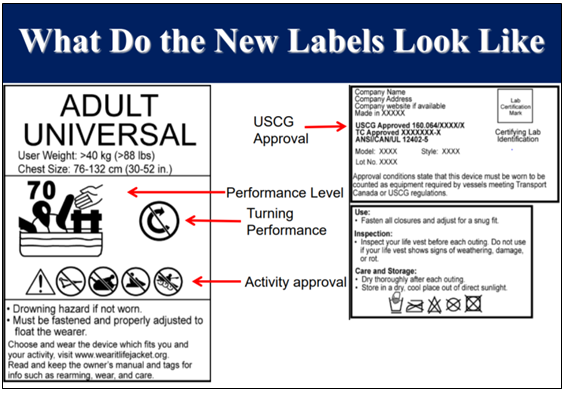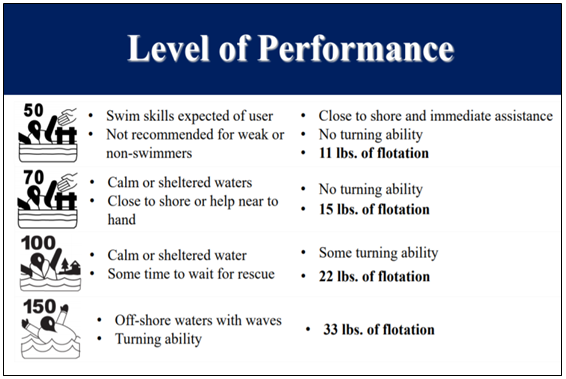This law requires boat owners to “pull the plug" after leaving the waterbody and while transporting the boat on land.
· Drain any water-holding compartments.
· Pull any weeds off the trailer and motor. Dispose of it in a nearby dumpster.
Any AIS will remain in the waterbody and will not survive during transport. This action improves the odds of not spreading or introducing any AIS into another waterway.
This law works with mandatory boat inspection stations. Law enforcement officers now have the authority to stop drivers who drive past an open aquatic invasive species inspection station. The vehicle is asked to return to the station for inspection/decontamination. If you pass a mandatory boat inspection station, you will be ordered back or charged with a Class C misdemeanor ($1,250 and or 30 days in jail). Failure to "pull the plug" for a non-motorized boat is $30, and $50 for a motorized boat is a Class D violation.
Keeping our waterways pristine and contamination-free is the goal. Learn more about Aquatic Invasive Species Prevention
Mandatory Boating Safety Education Program Updates:
This 20-year-old law requires boat operators to complete an approved boating safety course before operating a boat with a motor greater than 10 horsepower. There is no longer a 60-day exemption for people who buy a new or used boat. There is no longer a 60-day exemption for visitors from out of state. Out-of-state visitors must:
- Carry an education card showing they have completed the level of education required in their home state of registration.
- Oregon will accept any card for a NASBLA-approved boating safety course from other states.
- Boat operators from Washington State, who are exempt from the Washington mandatory education law, need to either complete a Washington boating safety course and carry the Washington State Card, or complete an Oregon-approved boating safety course and carry the Oregon Card.
Boating Safety Law Updates:
This law allows the courts (and the Marine Board) to suspend the Boater Education Card for convictions for Boating Under the Influence of Intoxicants (BUII) for one to three years. The law allows suspension of the boater education card for one year if convicted of reckless boating. The law also updated the language for reckless boating to the same standard language used in the motor vehicle code.
Life Jacket Carriage Requirement:
Reduces the fine for not carrying a life jacket from a B violation ($265) to a D violation ($115). Child life jacket violations (12 and younger) remain a Class B violation.
Waterway Access Permit (SB 47, from 2019):
This law created a dedicated funding account to develop new or improved waterway access for non-motorized boaters. Waterway access grant dollars are awarded to qualifying organizations offering boating safety education and on-water experiences in underserved communities.
The Waterway Access Permit replaces the Aquatic Invasive Species Prevention Permit (implemented in 2019) and is required on all boats 10' long and longer—one permit per boat. Permits are transferable to other paddlecrafts. Children under 14 do not need a permit.
The permit purchasing options for 2026:
- 1 week for $6 (valid for 7 days from the date of purchase)
- 1 calendar year for $20
- 2 calendar years for $35
- Nonresident Aquatic Invasive Species Permit -required for any out-of-state boaters recreating in Oregon -$30, plus inspection requirements.
Revenue will be used to support boating facility grants for state agencies, local governments, park organizations, and tribal governments for the acquisition of property, leases, or easements for the public to access waterways and construction and maintenance of boating access facilities (low freeboard docks, restrooms, single car parking, kayak launches, etc.). A part of the revenue continues to fund mandatory boat inspection stations and statewide aquatic invasive species prevention efforts in partnership with the Oregon Department of Fish and Wildlife. View the story map with examples of boating access projects. Learn more from the Waterway Access Permit FAQ Page.
Boat Rental Business Registration:
This law requires boat rental businesses to register with the Marine
Board and provide basic information about the business and the types of boats
for rent to customers. One of the aims of this law is to build better
relationships with boat rental businesses. The agency will create and
distribute educational material for rental businesses to pass along to their
customers. This effort will help boat renters learn critical safety information
and boating basics. The goal is to reduce accidents and fatalities involving
rented boats.
Whitewater Helmets:
Outfitter Guides must now offer or make available (to buy or
rent) a helmet. This applies to any river section with a Class III or higher
whitewater rating. Helmet wear is not a requirement.
Federal Life Jacket Labeling Changes:
The US Coast Guard
updated life jacket labels. Life jackets now fall into two categories: wearable and throwable.
Of the wearable life jackets, levels of performance are rated with a
number. The higher the number, the more buoyancy the jacket provides. Read the
label. Both old and new labels state the weight, chest size, and UDCG approval
number as a starting point for finding the right life jacket for the activity.
Labels state activities where the jacket is NOT approved with a zero-slash
through an activity icon. Existing (legacy) labels with the different
"types" of life jackets are still approved for use in Oregon.


Boat operators engaged in wakeboarding and wake surfing in the Newberg Pool (Willamette River, RM 30-50, roughly between Roger's Landing and Bernert Landing) are required to take a Towed Watersports Education Course and carry a Towed Watersports Education Card. This is proof for law enforcement that the boat operator is knowledgeable in towed watersports safety, wave management techniques, and operator responsibilities for accident prevention. Boat operators can complete this requirement by
studying our course material and taking an equivalency exam.
The cost is $20, and the card must be renewed every two calendar years. In addition, boats used for wakeboarding and wake surfing must have decals certifying that the owner/operator completed the Towed Watersports Education Program. This education requirement is in addition to the mandatory boater education course. Failure to carry a Towed Watersports Education Card AND the Boat Oregon Education Card is a Class B violation, with a $265 fine. Furthermore, if the boat operator is cited a second time within three years for wake-related violations, this could result in a Class A violation with a fine of $435 and up to a one-year suspension from boating by a judge.
LEGISLATIVE UPDATES: In 2021, updates to this law were enacted. Per ORS 830.649, people engaged in towed watersports on the Newberg Pool (Willamette River, RM 26.6-55, between Willamette Falls and the mouth of the Yamhill River) are required to carry a Towed Watersports Education Card. This is proof for law enforcement that the boat operator is knowledgeable in towed watersports safety, wave management techniques, and operator responsibilities for accident prevention. Boat operators can complete this requirement by studying our course material and taking an online exam. In addition, boats used for towed watersports must have decals certifying that the owner/operator completed the Towed Watersports Education Program and that their boat is in compliance with weight restrictions set by the Oregon Legislature in the statute. In 2022, the law was updated once more to remove the local area rules for red and yellow zones of operation, expand the
Newberg Pool Congested Zone from the confluence of the Yamhill River (RM 55) to Willamette Falls (RM 26.6), and require boats to certify a maximum loading weight of under 5,500 pounds. All persons engaged in towed watersports must take the
Towed Watersports Education Course and be able to present their education credentials to a law enforcement officer upon request.
LEGISLATIVE UPDATES in 2019 and 2025:
Motorized Boat Title and Registration Fees: Motorized boat titles and registrations were increased by 33%, or $1.45 per foot of a boat's length. Boat title fees increased to $75 (from $50), and the boating safety education card increased to $20 (from $10). Replacement boating safety education cards increased to $16 (from $8).